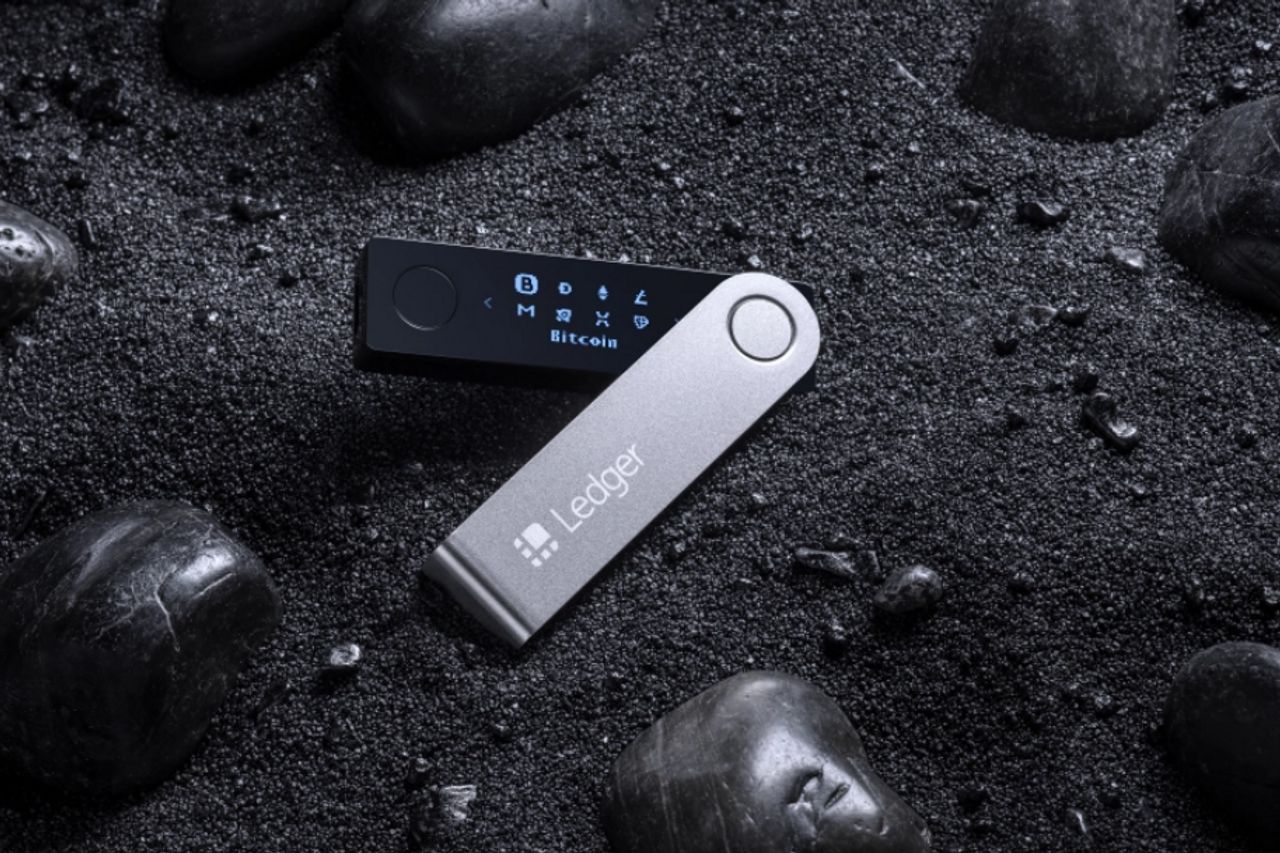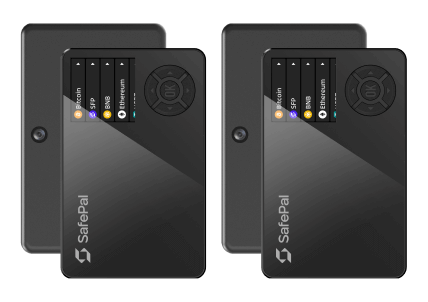Cryptomomen.com – In the realm of digital assets, where security reigns supreme, safeguarding your cryptocurrencies is paramount. Enter Fort Knox for Crypto, a comprehensive guide to the most secure wallets designed to protect your precious digital treasures.
With an unwavering commitment to safeguarding your investments, this article explores the top wallet options, empowering you to make informed decisions and secure your crypto assets with unwavering confidence.
From hardware wallets that shield your private keys offline to multi-signature wallets that distribute control among multiple parties, we delve into the intricate details of each wallet type, providing an in-depth analysis of their strengths, weaknesses, and suitability for your specific needs.
Continue reading to embark on this essential journey towards safeguarding your digital assets and securing your financial future in the transformative world of cryptocurrency.
Defining Fort Knox for Crypto
In the realm of cryptocurrency, Fort Knox represents the pinnacle of security for digital assets. Like its namesake in Kentucky, it symbolizes a fortress guarding precious treasures.
Crypto wallets, akin to virtual safes, provide secure storage for digital currencies. However, choosing the right wallet is paramount.
Look for wallets with robust encryption, multiple layers of security, and proven track records. Hardware wallets, like miniature Fort Knoxes, offer offline storage, minimizing the risk of online hacks.
Software wallets, while convenient, require careful consideration of reputation and security features. Whether you’re a seasoned crypto enthusiast or a newcomer, selecting a Fort Knox for your digital assets ensures their safekeeping in the uncharted waters of the cryptocurrency world.
Thank you for visiting Cryptomomen.com
Importance of securing digital assets

In the digital age, safeguarding digital assets, such as cryptocurrency wallets, is paramount.
With the increasing prevalence of cyberattacks and fraudulent activities, protecting these assets against unauthorized access is crucial.
Secure storage practices, including multi-factor authentication, cold storage, and strong encryption protocols, play a pivotal role in mitigating risks.
By implementing robust security measures, individuals can ensure the integrity and confidentiality of their digital assets, preventing potential losses and safeguarding their financial interests.
Overview of top wallets for crypto storage
Cryptocurrency wallets are essential tools for securely storing and managing digital assets.
They provide a secure environment for holding cryptocurrencies, as well as allowing users to send and receive payments.
There are several types of cryptocurrency wallets available, each with its own advantages and disadvantages.
Hardware wallets offer the highest level of security, storing private keys on a physical device.
Software wallets are installed on a computer or mobile device, providing convenience but with less security than hardware wallets.
Paper wallets are a low-cost option, but they require manual management and are prone to loss or damage.
Web wallets are hosted online, offering easy access but with less control over private keys.
Hardware Wallets

Hardware wallets offer an unparalleled level of security for cryptocurrency storage.
Their offline nature keeps assets safe from online threats like hacking and malware.
These devices typically feature a small display and physical buttons for user interaction.
To use a hardware wallet, users must first establish a seed phrase, a series of words that generate the private keys.
Once set up, the wallet can be connected to a computer or smartphone via USB or Bluetooth to manage crypto assets.
When making a transaction, the user must physically confirm the details on the wallet’s display, adding an extra layer of security compared to software-based wallets.
Ledger Nano X

Ledger Nano X is a hardware wallet that offers secure storage for cryptocurrencies.
It features a large OLED screen for easy verification of transactions, as well as Bluetooth connectivity for wireless pairing with a smartphone.
The device supports multiple cryptocurrencies, including Bitcoin, Ethereum, and Litecoin, and provides a high level of security with its CC EAL5+ certified security chip.
To set up the Ledger Nano X, simply connect it to your computer via USB, create a PIN code, and generate a recovery phrase.
The recovery phrase allows you to recover your wallet in case of loss or damage.
Trezor Model T
The Trezor Model T is an advanced hardware wallet designed for secure cryptocurrency storage.
Featuring a user-friendly touchscreen interface, the device allows for seamless asset management and transaction confirmation.
With its robust security measures, including a hardened security chip, passphrase protection, and PIN verification, the Trezor Model T offers exceptional protection against unauthorized access and malicious attacks.
Its compatibility with a wide range of cryptocurrencies and its open-source firmware ensure transparency and flexibility.
Additionally, the Model T’s microSD card slot enables the storage of additional public keys for even greater asset security.
SafePal S1

SafePal S1, a hardware cryptocurrency wallet, offers unparalleled protection for digital assets.
Its military-grade security and multi-factor authentication ensure the secure storage of cryptocurrencies, reducing the risk of unauthorized access and theft.
Whether you’re a seasoned crypto investor or just starting your journey, the SafePal S1 is an essential tool for safeguarding your digital wealth.
Step-by-step instructions for setup and use are provided with the device, making it user-friendly and accessible for all levels of technical expertise.
Software Wallets
Software wallets are decentralized applications that securely store cryptocurrency on the user’s computer or mobile device. These non-custodial wallets give users full control over their private keys, eliminating the risk of external compromise.
Setting up a software wallet typically involves: first, selecting a reputable provider such as MetaMask, Coinbase Wallet, or Trust Wallet; second, installing the software on your device; and finally, creating a new wallet or importing an existing one using your private key.
Software wallets provide an accessible and convenient way to manage cryptocurrencies, offering multi-asset support, advanced security features, and integration with decentralized apps (dApps).
Closing Words
In a rapidly evolving digital landscape, protecting your cryptocurrency assets is paramount.
This article has delved into the intricacies of safeguarding your funds with reliable cryptocurrency wallets, highlighting the importance of understanding security features, backup procedures, and the types of wallets available.
By implementing the best practices detailed herein, you can rest assured that your digital assets are shielded from malicious actors and unfortunate circumstances.
And with this, we bid farewell to another captivating exploration into the world of cryptocurrency security.
Thank you for joining us, and don’t forget to share this valuable knowledge with your peers—a more secure crypto future awaits us all.



